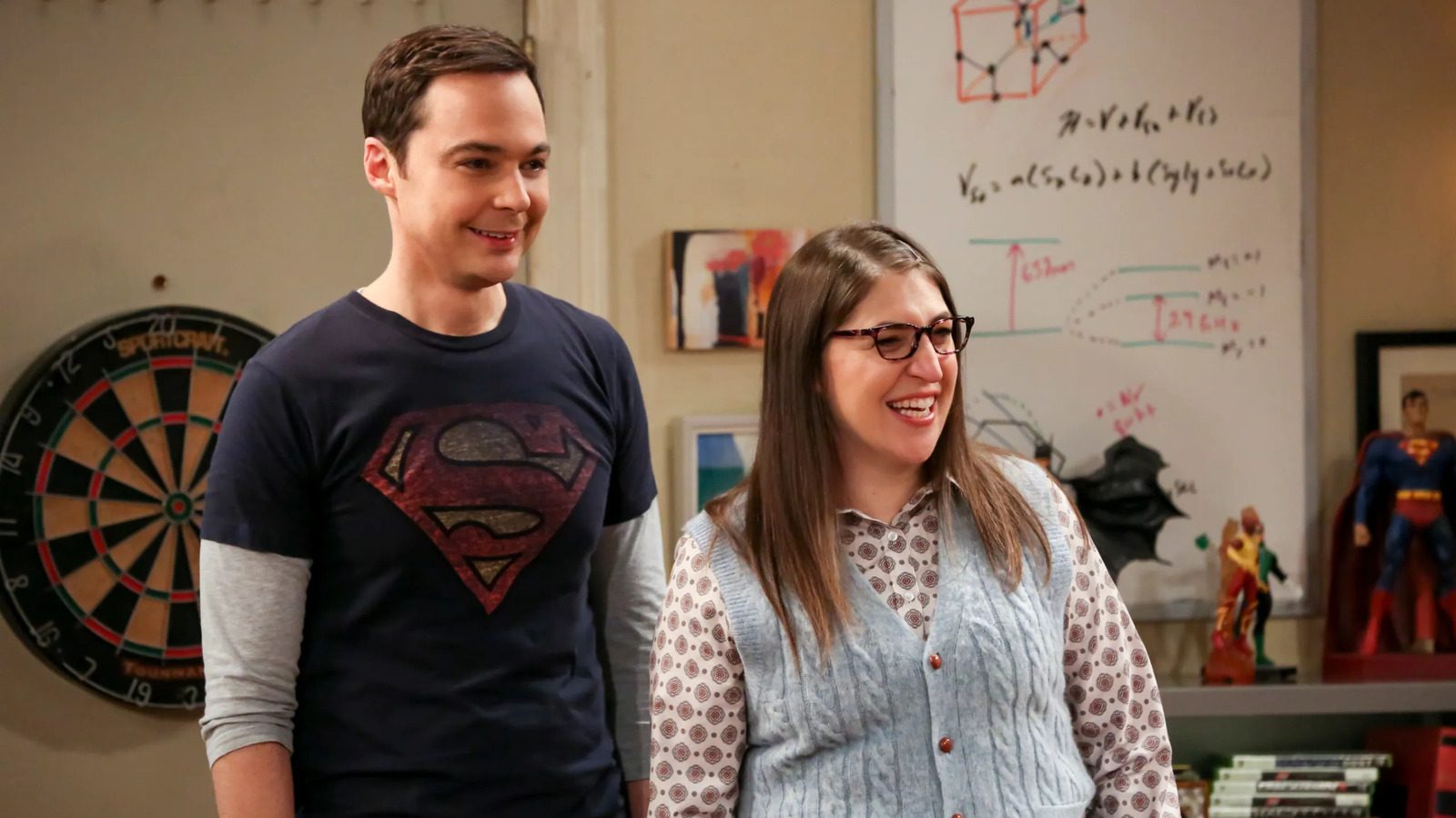
He isn’t a superhero or a tragic antihero — but Sheldon Cooper might just be one of television’s most fascinating character evolutions.

At first, he was the embodiment of pure intellect: IQ 187, fluent in 11 languages, a theoretical physicist since age 11. Emotionally, though, Sheldon was almost robotic — a man more comfortable with string theory than empathy.
His iconic line, “I cry because others are stupid and it makes me sad,” summed up his early self perfectly.
Over twelve seasons, however, we watched him change — subtly, but profoundly.
-
Seasons 1–3: Cold, arrogant, convinced that love is a “biochemical delusion.”
-
Seasons 4–7: He meets Amy Farrah Fowler — his intellectual equal — and begins to soften. She teaches him compromise, affection, and patience.
-
Seasons 8–12: Sheldon learns empathy. He apologizes, expresses love, even comforts friends. His Nobel Prize wasn’t his real victory — his humanity was.
Jim Parsons turned Sheldon into more than a character; he became a symbol for anyone who’s ever felt “different.” In his Emmy speech, Parsons said:
“This show taught me that even the most unusual minds can connect — if you let them.”
In the final episode, when Sheldon breaks down thanking his friends, it wasn’t just a farewell — it was proof that even geniuses need connection.
✨ The Big Bang Theory may have begun with science, but it ended with something far more profound — heart.

